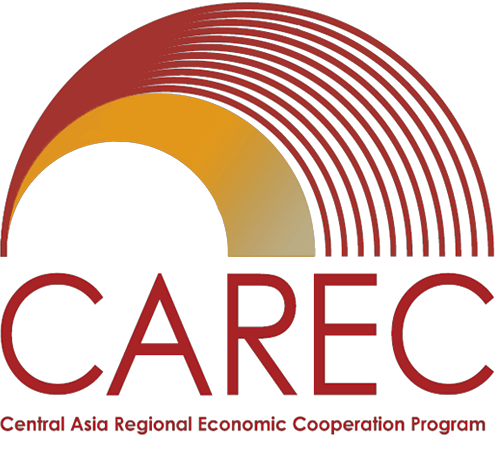New CAREC Working Group Meets to Boost Cooperation for Human Capital Development in Central and West Asia
Tashkent, Uzbekistan – 1 March 2024 – Work is underway to improve regional cooperation in Technical and Vocational education and Training (TVET) and higher education systems across the Central and West Asia following a meeting of senior officials from 10 Central Asia Regional Economic Cooperation Program (CAREC) countries, held in Tashkent today.
Uzbekistan hosted the first meeting of the CAREC Working Group on Skills Development, comprising high-level officials engaged in higher and technical vocational education and training and higher education in CAREC member countries. Around 30 participants gathered for the two-day summit to discuss challenges, opportunities, and development perspectives of TVET and higher education systems – as well as how regional cooperation can help to produce a more skilled workforce.
“CAREC countries have many similarities, but are also marked by their diversity – including different income levels, human capital, and education outcomes,” said Lyaziza Sabyrova, Regional Head of Regional Cooperation and Integration, Central and West Asia Department at the Asian Development Bank. “Challenges in the labour markets, technical and vocational education and training and higher education systems also differ significantly. Now is the right time to create a strong and efficient coordination and exchange platform as the CAREC Working Group on Skills Development.”
Along with the launch of the CAREC Working Group on Skills Development, delegates also discussed the need to establish the CAREC Agriculture Universities’ Network for climate action, climate-proof agriculture and water resources, as well as sharing knowledge and best practices in addressing food security challenges in the CAREC region, including the important role of education and skills development systems.
Event participants benefited from international benchmarks shared by think tanks and academia, including the European University Network, CAREC Institute, Justus Liebig University Giessen, Wageningen Centre for Development Innovation, JICA and from peer learning.
Ms. Kanokpan Lao-Araya, Country Director of ADB’s Uzbekistan Resident Mission also participated at the event and stressed that skills development as a pathway to employment and entrepreneurship is a crucial element in the building of societies. “This is as true for Uzbekistan as for elsewhere, and the needs are great for Uzbekistan as it is diversifying its economy. It is a good opportunity for the CAREC participating countries to leverage good practices from each other under regional cooperation. We all have what to share and what to learn from each other.”
Note on the CAREC Working Group on Skills Development: Higher education and technical and vocational education systems in the CAREC region face significant challenges, reflected in the overall insufficient quality of skills, gaps in skills demand and supply, resource constraints, outdated education and training systems, and weak governance.
The participating countries shall put their resources together to tackle these challenges through effective and efficient regional cooperation. The Working Group will collaborate to identity areas of convergence and potential areas for cooperation. The Group will contribute to enhancing the regional mobility of labour, students, research, and innovation.
Note on the CAREC Agriculture Universities’ Network: Due to common climate change and environmental sustainability challenges in the region, the CAREC Agriculture Universities’ Network will be initiated. Higher education institutions can drive climate change research and be sources of knowledge on how to use advanced technologies and adapt them to local needs. This can help fostering innovation and develop cutting-edge solutions to address the region’s challenges.
Note on the CAREC program: The Central Asia Regional Economic Cooperation (CAREC) Program is a partnership of 11 countries and development partners working together to promote development through cooperation, leading to accelerated economic growth and poverty reduction.1 It is guided by the overarching vision of “Good Neighbours, Good Partners, and Good Prospects.”
The event is an activity under the Asian Development Bank Regional Technical Assistance (TA) Program 6806: Strengthening Regional Cooperation on Skills Development supported by the Japan Fund for Prosperous and Resilient Asia and the Pacific.
[1] ADB placed its regular assistance to Afghanistan on hold effective 15 August 2021.
